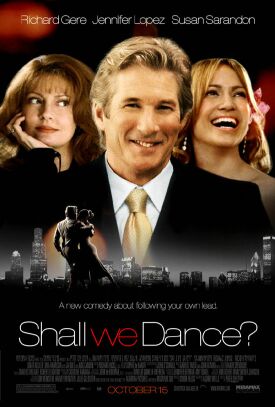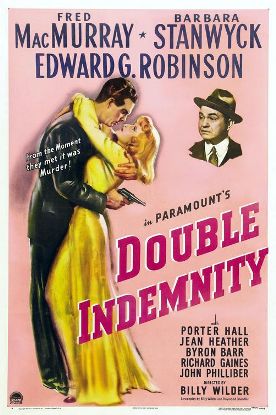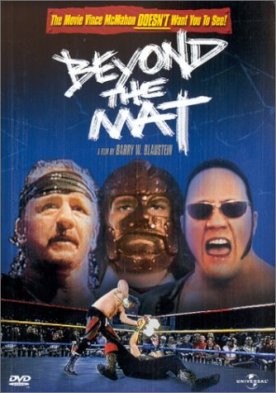Man in the Iron Mask, The
Despite having almost nothing to do with the novel by Alexandre Dumas from
which it is supposedly adapted, The Man in the Iron Mask by Randall
Wallace is not so bad as one might have expected it to be. Certainly it is a lot
better than the ineffably silly Three Musketeers of a few years ago. This
time Athos (John Malkovich), Porthos (Gérard Depardieu) and Aramis
(Jeremy Irons) and their young comrade in arms, D’Artagnan (Gabriel Byrne) are
not young blades but old guys resting on their laurels—except for
D’Artagnan who is captain of the guard to the young Louis XIV (Leonardo
DiCaprio). Now they must come out of retirement for one last battle
together—a battle against hopeless odds and involving certain death, but a
battle to which they go with a smile on their lips and a hearty cry of their old
motto: “One for all and all for one.”
It’s nice to think that even in the degraded and corrupt movie industry of
today, such a rousing yarn of the old fashioned type can get made. Nostalgic
baby boomers who remember the heroes of the 1950s and are now about the ages of
Messrs Malkovich, Depardieu and Irons must occasionally get tired of the young,
amoral heroes of those decorative shoot-em-ups which otherwise predominate in
today’s movies. But, alas, there are still too many contemporary fingerprints on
this picture. For one thing, certain death proves (not too surprisingly) not to
be so certain after all. Nor is it ever explained why not. There are our heroes
rushing, like Butch and Sundance, into the murderous musket-fire, and there are
the musketeers commenting to each other on their bravery but finally,
reluctantly, shooting. Then, through the cloud of smoke we see the four of them,
together with the man in the iron mask whom they have determined to rescue,
still upright. They limp a little. Huh? How did that happen.
Likewise, there is a hint of the idea of honor in D’Artagnan’s unshakeable
loyalty to the king he, like the other musketeers, seems heartily to loathe. “I
have taken an oath,” he says, and so cannot betray the king. But the king is
dishonorable! It doesn’t matter. “That’s what makes an oath an oath: it can’t be
broken.” But in the end we find that it is not honor at all that keeps him true
to his oath but a strong personal reason that suggests the 1990s much more
strongly than the 1660s. All four musketeers are as one-dimensional in their
goodness as the wicked Louis is one-dimensional in his badness. The latter wants
only to exercise his power capriciously, starve the peasants and sleep with
other men’s fiancées, while the latter only want a king worthy of their
idealistic devotion.”I fight for the belief that every man can be
better—even Louis,” says D’Artagnan. Yeah, right.
There is never any hint of the politics and the intrigue of the court which
makes the novel by Dumas so exciting and his characters so (comparatively) real.
Nor is there any real attempt by anybody but the costume department to recapture
a sense of what it might have been like to be alive in the 17th century. Yet
when a hero said with his dying breath that “This is the death I have always
wanted,” the mixture of nervous laughter and applause from the audience with
whom I saw the picture made me revise, slightly, my opinion. It suggested to me
that even so poor a thing as this might do something to open up to our
uncomprehending age the bare beginnings of an understanding of what honor
means.
Discover more from James Bowman
Subscribe to get the latest posts to your email.







